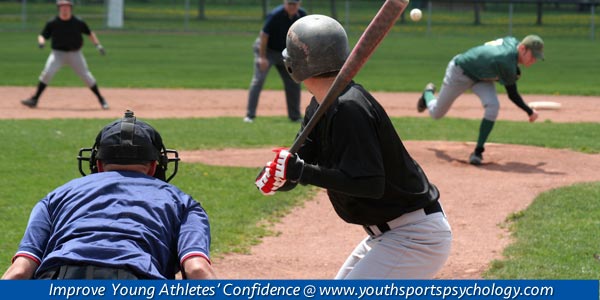
Sports Kids Who Learn From Games
Kids need to walk away from games with renewed confidence—or at least with their confidence intact.
In the third of our series of podcasts about post-game tips, that’s the idea we want parents and coaches to embrace. Kids are hard on themselves.
They tend to beat themselves up and focus on their mistakes after a game. They don’t need parents and coaches focusing on mistakes, too.
Instead of beating themselves up, kids really need to understand that mistakes and failure are an opportunity to learn and grow. After a game or performance, that’s what parents and coaches need to focus on.
“You need to talk to your kids about learning,” says mental game expert Dr. Patrick Cohn in the podcast discussion.
“If the kids are young, it’s about the experience of being there. It’s all about getting along with kids in the group and taking feedback from a coach.
If they’re older, they should focus on what they did well and what they can improve on.”
After a game, be sure that your young athletes aren’t focused on making other people happy—whether they’re friends, parents or coaches. They need to focus on playing well, he notes.
That means when they say things like, “My friends are mad at me for missing that shot,” remind them that it’s okay to make mistakes—and that they should focus on improvement—rather than on making others happy.
Want to learn more about how to help kids learn and grow after games?
You can listen to our entire “Post-Game Tips #3” discussion here:
(Subscribe to The Ultimate Sports Parent Radio Show at iTunes!)
Related Articles on Youth Sports:
- How Kids Can Learn to Make the Most of Mistakes While Competing
- What Can Athletes Learn from Elite Athletes’ Mindset?
- Sports Kids Should Embrace the “If You Lose, Learn,” Attitude
*Subscribe to The Sports Psychology Podcast on iTunes
*Subscribe to The Sports Psychology Podcast on Spotify
Help Young Athletes Boost Confidence in Sports!
Every day, we receive letters from parents like you who want their children and teens to excel in sports. However, these parents can see fear, doubt, and frustration on the faces of their kids who struggle with the “inner” game of sports. But these parents have no idea how to help their kids overcome the worries, expectations and self-defeating thoughts that prevent their young athletes from feeling confident and successful.
You can benefit from our 15-plus years’ of work in sports psychology and sports parenting research. Now, you can tap into our secrets to sports success through a cutting-edge, 14-day program that helps young athletes overcome the top “mental game” challenges that sports parents face—and the top challenges young athletes face.


